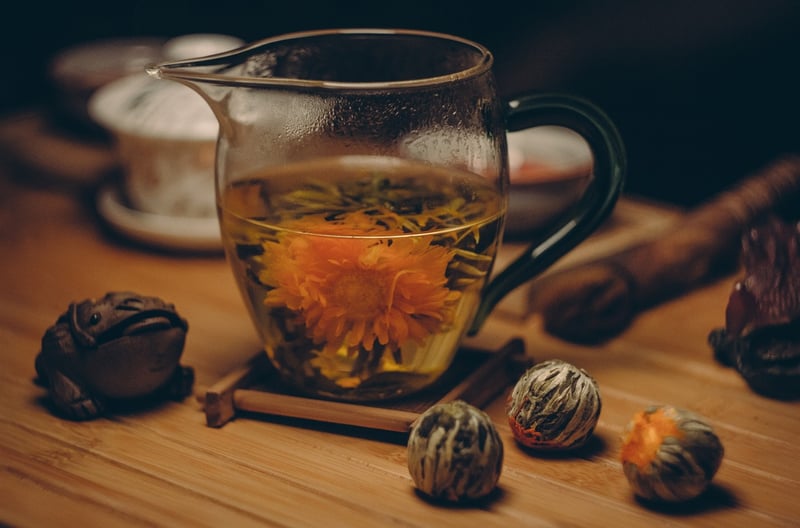Herbal Remedies
Exploring Alternative Approaches to Wellness and Herbal Remedies
In today's fast-paced world, many individuals are looking for alternative approaches to wellness to complement traditional medicine. One popular avenue that has been gaining attention is the use of herbal remedies. Herbal remedies have been used for centuries in various cultures for their healing properties and are known for their natural and holistic approach to well-being.
The Power of Herbal Remedies
Herbal remedies are derived from plants and plant extracts, such as leaves, roots, flowers, and seeds. These natural ingredients contain compounds that can have medicinal properties and offer a range of health benefits. From boosting immunity to aiding digestion and promoting relaxation, herbal remedies can address a wide array of health concerns.
Popular Herbal Remedies
- Chamomile: Known for its calming effects, chamomile tea can help reduce stress and improve sleep quality.
- Turmeric: A powerful anti-inflammatory, turmeric is often used to alleviate joint pain and promote overall wellness.
- Lavender: Lavender essential oil is commonly used for its relaxing aroma and can help reduce anxiety and improve sleep.
- Echinacea: Widely used to boost the immune system and shorten the duration of colds and flu.
- Peppermint: Peppermint tea is known for its soothing properties and can aid in digestion and relieve bloating.
Exploring Alternative Wellness Approaches
Aside from herbal remedies, there are many other alternative approaches to wellness that individuals can explore to enhance their overall well-being. Some popular options include:
- Acupuncture: This ancient Chinese practice involves inserting thin needles into specific points on the body to promote healing and relieve pain.
- Yoga: A mind-body practice that combines physical postures, breathing techniques, and meditation to improve flexibility, strength, and mental clarity.
- Meditation: A technique that involves focusing the mind to achieve a mentally clear and emotionally calm state, reducing stress and anxiety.
- Massage Therapy: Manipulation of soft tissues in the body to promote relaxation, reduce muscle tension, and improve circulation.
Benefits of Integrating Alternative Approaches
By incorporating herbal remedies and alternative wellness practices into their routines, individuals can experience a holistic approach to health that focuses on the mind, body, and spirit. These approaches can help reduce reliance on medications, alleviate symptoms, and promote overall well-being.
It's important to consult with a healthcare professional or a trained herbalist before incorporating herbal remedies into your routine, especially if you have existing health conditions or are taking medications.
Embracing alternative approaches to wellness and incorporating herbal remedies can empower individuals to take control of their health and well-being in a natural and holistic way.

Image source: Pixabay
